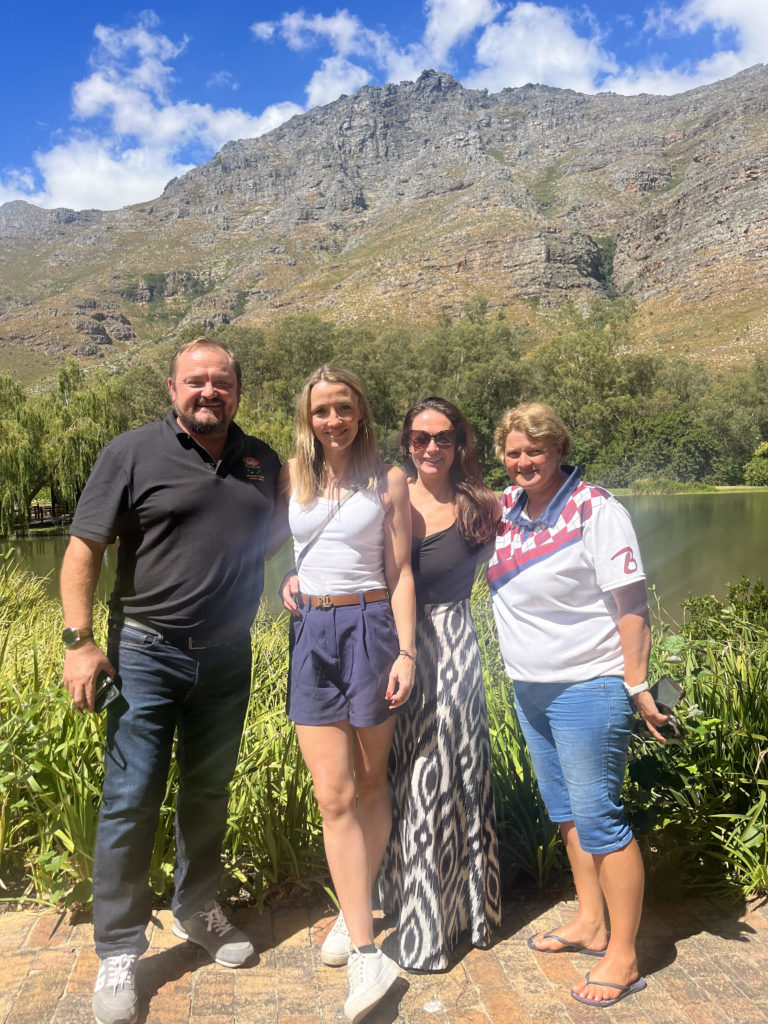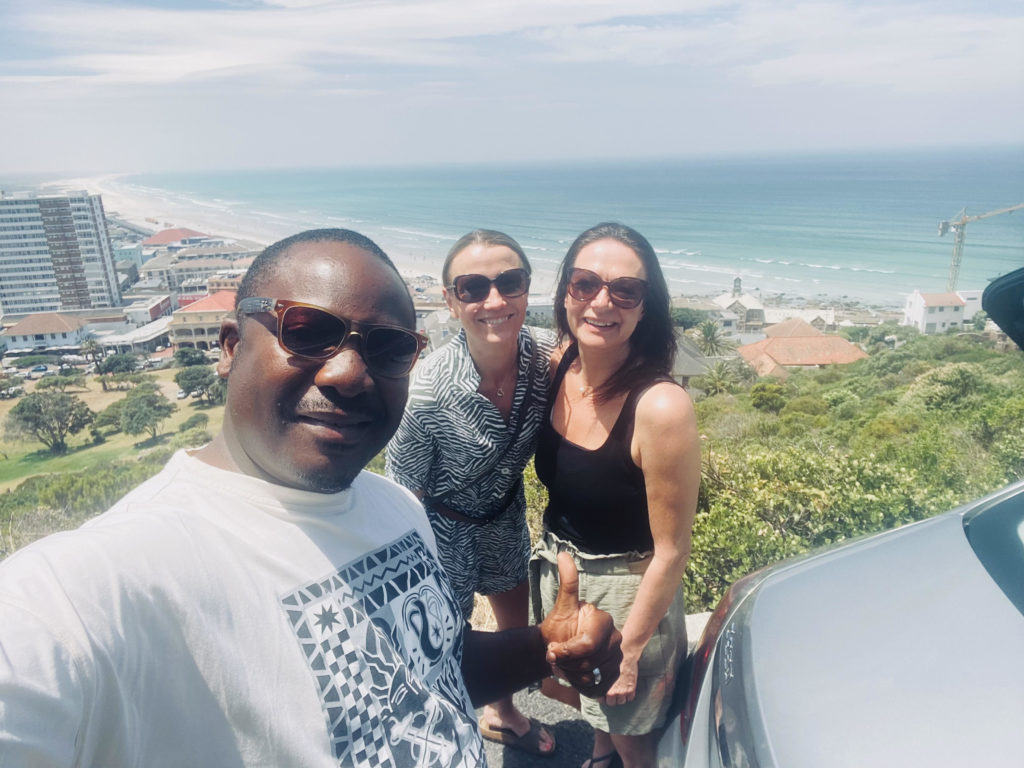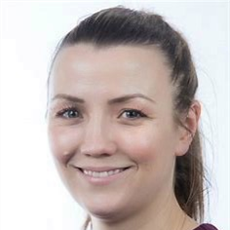By Katie Cronin

As our world becomes increasingly interconnected, the benefits of forging global connections extend beyond cultural enrichment to directly impact the professional development of students. Following my recent visit to Stellenbosch University, in this blog post, we will explore the importance of international relationships in these fields, shedding light on the myriad of advantages they bring to education.
One of the most apparent benefits of international relationships is the exposure to diverse cultures. For our students, this presents a unique opportunity to gain insights into different approaches to training, rehabilitation, and overall athlete care. Understanding how various cultures prioritise fitness, health, and sports can enrich one’s perspective, fostering a more holistic and adaptable approach to sports science, coaching and physiotherapy. It is also possible to begin to appreciate the evident disparity in access to both equipment and knowledge, seen in Africa. Collaboration with international universities also facilitates the exchange of knowledge and skills. Different countries often employ distinct training methodologies, techniques, and technologies, unique to their client population.
International relationships open doors to extensive networking opportunities. Engaging with professionals from other Universities provides a platform for sharing experiences, discussing challenges, and brainstorming solutions. During my visit to South Africa I was fortunate to witness Welcome Week celebrations for the new intake of undergraduate students, talking to both the students themselves as well as the many parents, apprehensive to leave their loved ones.
Athletes come from diverse backgrounds, and exposure to different athlete populations is crucial for sports scientists, coaches and physiotherapists. International relationships allow students to work with athletes from various countries, each with its own unique set of challenges and requirements. This exposure enhances their ability to tailor coaching strategies and rehabilitation programs to meet the specific needs of a diverse range of athletes. Most notably in Stellenbosch is a focus on Disability Sport, an area of growth we are hoping to see here in Birmingham.
International collaborations offer a chance to gain insights into different sports and healthcare systems. Comparing and contrasting these systems can provide valuable lessons for improving and optimizing one’s own practices. Understanding how different countries approach athlete development, injury prevention, and healthcare management contributes to a more comprehensive and nuanced understanding of the field. Building a global network can prove invaluable for career growth, enabling students to connect with like-minded individuals, potential mentors, and even job opportunities in various parts of the world.
In the dynamic realms of sports science, coaching and physiotherapy, international relationships with other universities are indispensable. The benefits of cross-cultural learning, knowledge exchange, networking, exposure to diverse athlete populations, and a broader perspective on sports and healthcare systems collectively contribute to the holistic development of student coaches and physiotherapists.
Embracing these opportunities not only enhances professional skills but also prepares individuals to navigate the globalized landscape of sports and healthcare with confidence and competence. As the world continues to shrink, the importance of fostering international relationships in these fields becomes increasingly evident for those aspiring to make a lasting impact on the lives of athletes around the globe.

It was a privilege to be part of this trip, meeting and talking to a variety of people, each with a common goal of helping others.
And the view wasn’t bad either.

K.Cronin@bham.ac.uk
